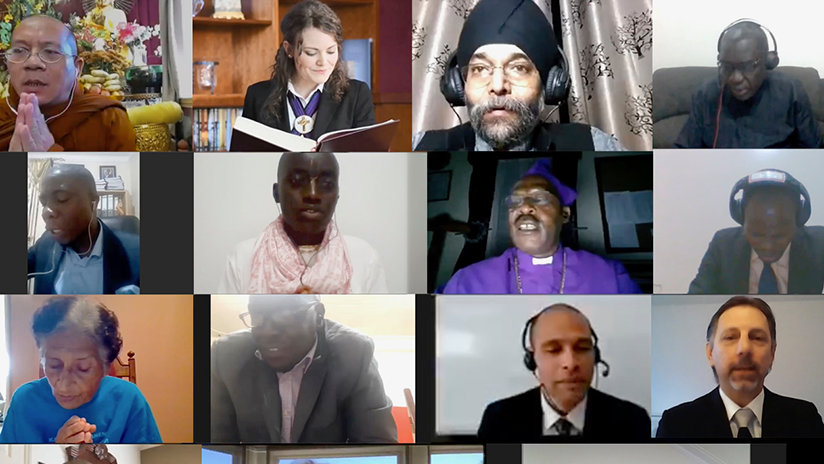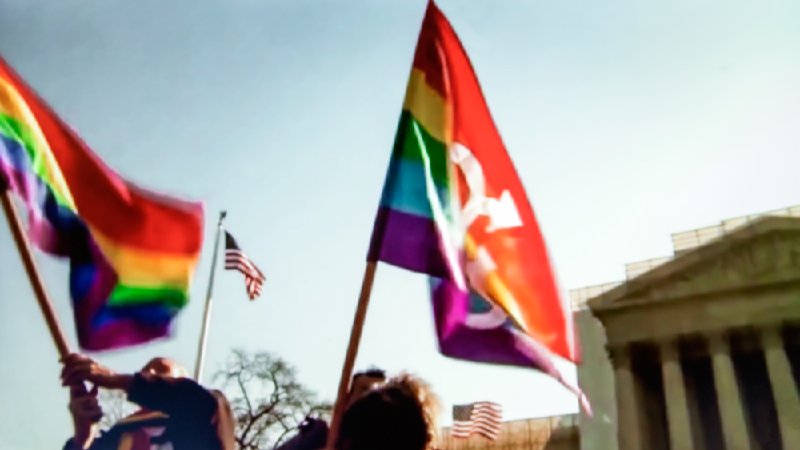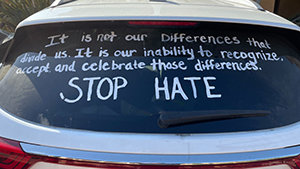
-
HOME
-
WHAT IS STANDOur Mission Our Values Our Help Contact
-
WHAT WE FIGHT FORReligious Freedom Religious Literacy Equality & Human Rights Inclusion & Respect Free Speech Responsible Journalism Corporate Accountability
-
RESOURCESExpert Studies Landmark Decisions White Papers FAQs David Miscavige Religious Freedom Resource Center Freedom of Religion & Human Rights Topic Index Priest-Penitent Privilege Islamophobia
-
HATE MONITORBiased Media Propagandists Hatemongers False Experts Hate Monitor Blog
-
NEWSROOMNews Media Watch Videos Blog
-
TAKE ACTIONCombat Hate & Discrimination Champion Freedom of Religion Demand Accountability
Religion Communicators Council Annual Convention–A Member’s View
The Religion Communicators Council (RCC) is the oldest organization of its kind. Founded in 1929, its primary purpose is to “promote excellence in the communication of faith and values in the public arena and encourage understanding among religious and faith groups.”

I just spent three days in Chicago for the RCC annual convention. I have also had the honor to serve as president of its Nashville chapter for the last five years, and even hosted its annual convention in Nashville in 2014. It’s quite a special affair.
Members from diverse denominations come together, connected by their devotion to spreading the faith, propagating the Good News and offering messages of heartache, healing and hope.
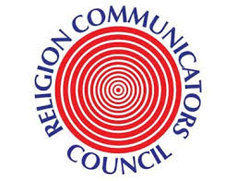
As I navigated my way around the hotel, I passed multiple fifty-inch flat screens filled with passion and politics, anchors and interviewers screaming while headlines scrolled, the latest stock prices juxtaposed against just-in game scores. And I couldn’t help but wonder: How are religion communicators to get a word in edgewise? Is it even worth trying?
I do this work because it’s got to be done. Obviously I want my faith to be heard. But more important than that, the Religious Voice itself cannot be lost in the fray.
And who—when mainstream coverage exalts and embellishes the embellishments of the excommunicated, when primetime for Religion amounts to another funeral for someone’s cherished beliefs—who is disseminating the glorious words and deeds of the faithful?
We must realize there are individuals dedicated to squelching the voice of religion. It’s the target of the materialist, the excuse of the extremist and the club of the righteous. It is used to explain war amongst neighbors as well as nations. It is demonized, sensationalized and marginalized. Religion—the helper of souls—needs a bit of help.
So who—when it is fashionable to stand up in court to make sure the Ten Commandments are not posted there—is standing up for religion? Who—when refusal to bake a cake due to your personal and deeply held beliefs is a litigable offense—is willing to speak out? And who—when mainstream coverage exalts and embellishes the embellishments of the excommunicated, when primetime for religion amounts to another funeral for someone’s cherished beliefs—who is disseminating the glorious words and deeds of the faithful?
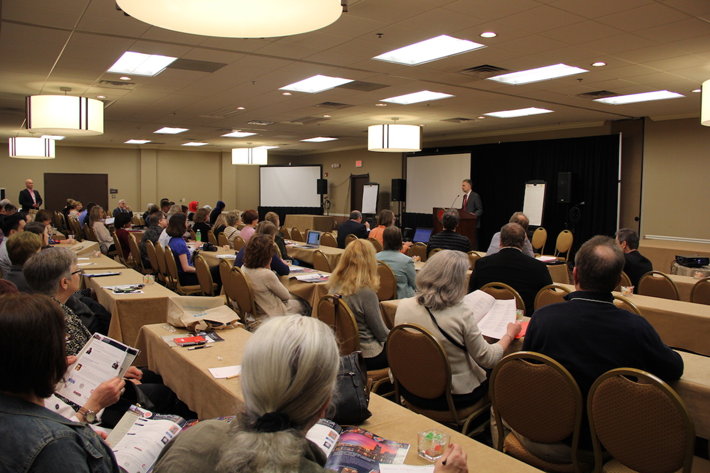
Who is standing up for and telling the truth about you?
Fortunately there are some left who are willing to communicate, who believe and are willing to say that religion is an important—no, vital and foundational—part of our societal fabric. Fortunately there are people like the members of the Religion Communicators Council. I am proud to be a part of this organization and encourage communicators of all faiths to come into the fold.






